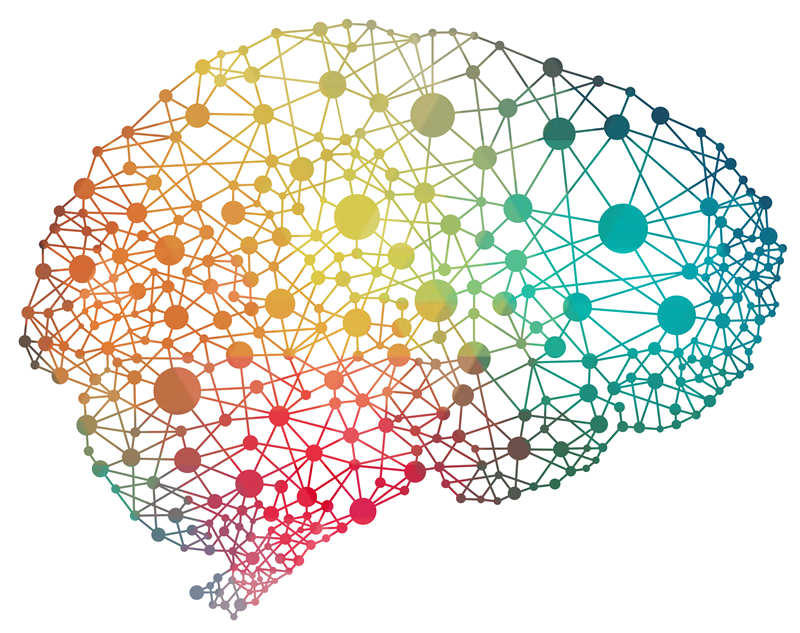
Prof Sylvia Gustin |
|
About
Prof. Sylvia Gustin is the Director of the Centre for Pain IMPACT at Neuroscience Research Australia (NeuRA), where she leads an interdisciplinary team of 78 researchers and clinicians dedicated to advancing chronic pain management. She is also the Director of the NeuroRecovery Research Hub at the University of New South Wales, a Rebecca L. Cooper Research Fellow, and a Senior Principal Research Scientist at NeuRA. In addition, Prof. Gustin chairs the ENIGMA Chronic Pain Working Group, contributing her expertise to large-scale neuroimaging initiatives worldwide.
Sylvia completed her Ph.D. at the University of Tübingen, Germany, in 2006 and relocated to Australia in 2007. Since then, she has been using multimodal brain imaging techniques and psychological assessment to investigate the neural and psychological mechanisms of chronic pain, with a special focus on neuropathic pain following spinal cord injury. Her program of research forms a translational pipeline where her basic science research informs the development of novel brain technology and digital interventions that are translated to improve the lives of people with chronic pain.
Sylvia’s research is supported by the Australian National Health and Medical Research Council (NHMRC), the Medical Research Future Fund (MRFF), Rebecca L. Cooper Medical Research Foundation, International Association for the Study of Pain (IASP), Wings for Life, US Department of Defence (DoD), NSW Defence Innovation Network and NSW Health.
Presenting at the 2025 ANSA Conference
Innovations in Brain Technology for Neuropathic Pain Following Spinal Cord Injury
This lecture will focus on neuropathic pain following spinal cord injury (SCI), which affects approximately 50% of individuals with SCI. Professor Gustin and her team have recently demonstrated that an immersive, interactive virtual reality walking (VRWalk) intervention may offer effective relief for neuropathic pain after SCI. VRWalk, a first-of-its-kind interface, enables individuals with SCI to volitionally control virtual gait and interact with a fully immersive virtual environment. Professor Gustin will present trial data on VRWalk’s efficacy and explore potential brain mechanisms involved in pain reduction. She will also highlight novel neuromodulatory interventions, including EEG-based brain-computer interface (BCI) neuromodulation, with a focus on self-directed, home-use systems. The presentation will introduce the team’s custom-developed, gamified BCI hardware and software designed for self-management. Addressing the emotional complexity of chronic pain, Professor Gustin will share findings from a randomized controlled trial assessing the efficacy of internet-delivered Pain and Emotion Therapy for chronic pain.


